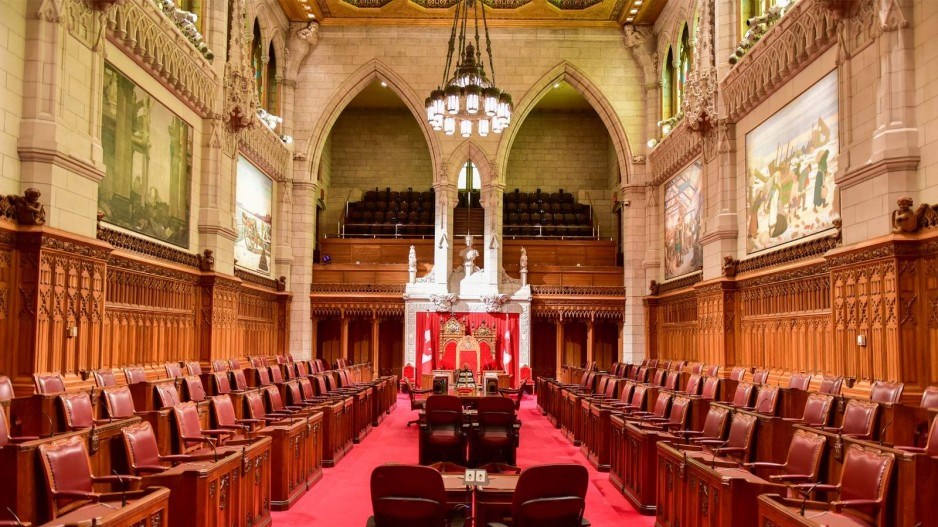Canadian senators on June 6 debated Canada’s proposed law to legalize recreational cannabis and handily voted down various amendments brought forward by Conservative senators. A third and final reading of Bill C-45, the Cannabis Act, is set for June 7.
Some of the amendments were to:
•require that the federal government ensure that at least 20% of cannabis-production licences and permits be for facilities that are on First Nation land;
•make it a crime to smoke cannabis in your own home if someone is present in the home who is younger than 16 years old; and
•to raise the minimum age to use cannabis to 21 years old (from 18 years old with provincial governments able to synchronize the province’s minimum age with that for drinking alcohol).
Minutes after the vote on that final amendment failed, a new amendment was brought forward that was identical, except that this time the amendment called for the minimum age for cannabis use be raised to 19 years old.
That motion failed 47-29 with one abstention.
Debate on the first of the scuttled proposed amendments centred on how only five of the 105 licensed producers in Canada have connections with indigenous people, and that this is less than 5% of those licences. Senators also discussed how setting a 20% figure in legislation may make that amount a threshold, or a quota, and that it therefore may limit aboriginal groups to having 20% of the licences and not more than 20%.
The proposed amendment failed by a 45-29 vote, with five abstentions.
Ontario senator Art Eggleton was caught off-guard by the second of the proposed amendments.
“I'm no fan of second-hand smoke,” he said. “I don't know why the Conservative caucus is suddenly bringing this up. Why didn't you bring it up with tobacco?”
Debate on the amendment to ban being able to smoke in your own home if someone younger than 16 years old is present also centred on how difficult it would be for police to enforce such a ban.
The proposed amendment failed in a 45-26 vote, with four abstentions.
Debate on the third of those proposed amendments – to raise the minimum age to legally smoke cannabis to 21 years old countrywide – centred on research noting that the human brain develops up to age 25 and cannabis could harm that development, and perhaps cause psychosis or schizophrenia.
Senators who did not want to raise the age of access noted that provinces are already given the ability to raise the age of consumption if they see fit, and that it is paternalistic for unelected senators to be telling those elected provincial governments what to do.
“I’m respectfully going to suggest that it’s not the role of the Senate to second-guess elected provincial and territorial governments,” said senator Tony Dean, who is the Cannabis Act's sponsor.
“It’s one thing to be paternalistic in wanting to tell 25-year-old Canadians what they can and can’t do, but doing this with elected legislatures is a touch excessive.”
The motion failed by a 47-31 margin with no abstentions.
If you are interested in learning more about opportunities in the cannabis sector, and hearing a panel presentation that Business in Vancouver is hosting on July 12, check out BIV's Business Excellence Series: Legalizing Cannabis at the Vancouver Club.




